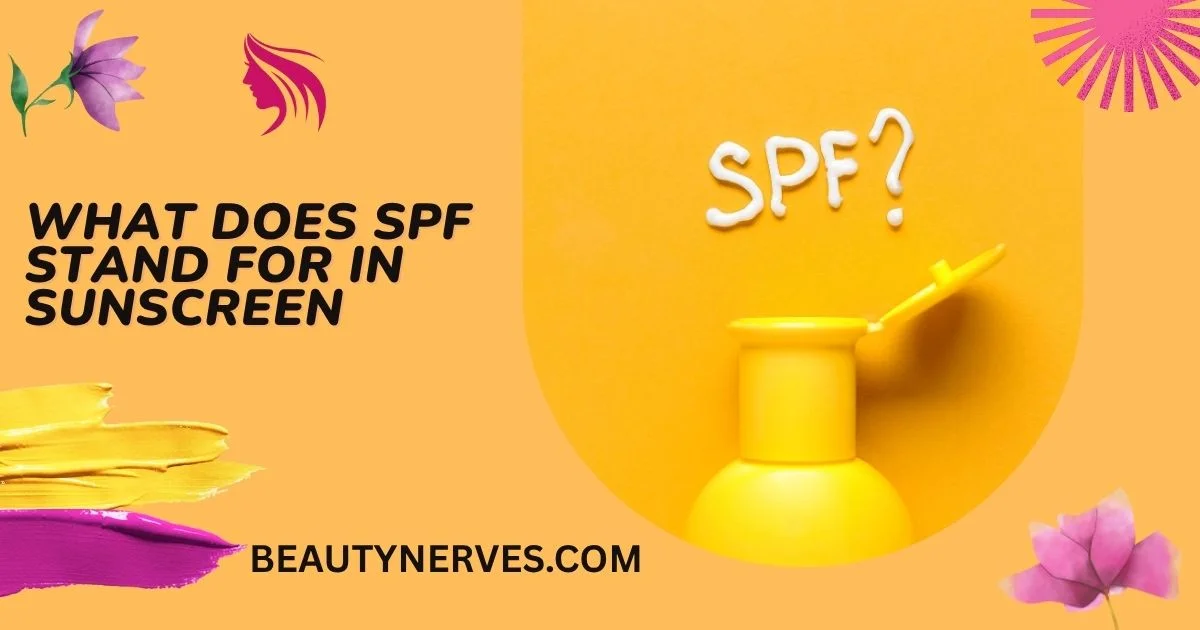Finding the right sunscreen is something I never thought much about until I started spending more time outdoors. I used to grab whatever was on sale, not really paying attention to the labels. But when I started noticing my skin getting a bit more sensitive, I realized I needed to learn more about SPF.
What does SPF really mean? How do I choose the right one? Through a bit of trial and error, I figured it out—and now I’m here to help you understand SPF, too. It’s easier than it seems, and knowing what it stands for can make all the difference.
Table of Contents
How I Helped Lisa Understand SPF for Her Sensitive Skin
Lisa, with her fair, sensitive skin, was worried about choosing the right sunscreen. She often walked her dog outside but wasn’t sure how to protect her skin. After explaining how SPF works and why SPF 50 is the best choice for her sensitive skin, she felt more confident.
We picked a sunscreen with both UVA and UVB protection, and now, she uses it regularly. She’s enjoying safe sun exposure without worrying about skin damage.
What Does SPF Stand for in Sunscreen for the Face?
SPF, or Sun Protection Factor, tells us how well a sunscreen protects against UVB rays, the kind that cause sunburn. For the face, choosing the right SPF is important. Our faces have thinner skin, so they can burn faster than the rest of the body.
I always go for a higher SPF, especially if I know I’ll be outdoors for longer periods. It’s also good to pick one that suits your skin type—whether oily, dry, or sensitive. You might notice that SPF ratings for face sunscreens can be higher than body sunscreens, which are designed for more general protection.
Which SPF is Best?
When deciding on SPF, it really depends on your activities. SPF 15 protects against 93% of UVB rays, so it’s fine for daily wear or mild sun exposure. If you’re outside for longer, like walking or running errands, SPF 30 or 50 gives you a better shield.
SPF 30 blocks about 97% of UVB rays, while SPF 50 blocks 98%. For sports or long days under the sun, SPF 50 is ideal. Keep in mind that your skin tone and type matter, too. If you have fair skin or a history of burns, you may need a higher SPF.
What Does SPF 50 Mean?
SPF 50 offers about 98% protection from UVB rays. That’s a lot more than SPF 15 or 30. With SPF 50, you get a much stronger defense, especially if you’re outdoors for long stretches or engaging in intense sun exposure like hiking or swimming.
It’s perfect for those long summer days or vacations to sunny destinations. But remember, SPF isn’t a “one and done” solution. You still need to reapply sunscreen every couple of hours, especially if you’re sweating or swimming.
What Does SPF 15 Mean?
SPF 15 protects against 93% of UVB rays. It’s a good option for light sun exposure, like a short walk or running errands in the morning. For everyday use, SPF 15 is usually enough, but if you’re planning to spend a lot of time outdoors, you might want to go higher.
This SPF is best for people with medium to darker skin tones, as they don’t burn as easily. Just remember, even with SPF 15, you should still reapply if you’re spending more than a few hours in the sun.
Does SPF 50 Mean 50 Minutes?
A common misconception is that SPF 50 means protection for 50 minutes. That’s not the case. SPF tells you how long you can stay in the sun without burning, compared to how long you would last without sunscreen.
So, SPF 50 means you can stay in the sun 50 times longer than without sunscreen. But that doesn’t mean you’re protected all day. Reapplying sunscreen every two hours, or more often if you’re sweating or swimming, is key to keeping your skin safe.
What Does SPF 30 Mean?
SPF 30 blocks 97% of UVB rays, providing solid protection for everyday activities and light outdoor exposure. It’s perfect for daily walks, shopping trips, or sitting outdoors for a couple of hours. SPF 30 is ideal for people with fair to medium skin who don’t burn easily but still need to protect against harmful rays.
It’s also great for those who want reliable protection without going for a higher SPF unless they’re planning to be outside longer.
What Does SPF 50 PA+++ Mean?
PA+++ refers to the level of protection a sunscreen provides against UVA rays, which are responsible for skin aging and deeper skin damage. SPF 50 offers strong protection against UVB rays, but when combined with PA+++, it ensures broad-spectrum coverage. PA+++ indicates a high level of UVA protection.
This makes sunscreens labeled with both SPF and PA ratings ideal for preventing not just sunburn, but also long-term skin damage. When you see both, you’re getting balanced protection for your skin’s health.
Author

I'm Laura Anderson, and I love everything about beauty and fashion. I enjoy trying new makeup looks and learning fresh style tips. I'm always on the lookout for the next big trend. Dressing up and feeling good is my favorite thing!
View all posts



